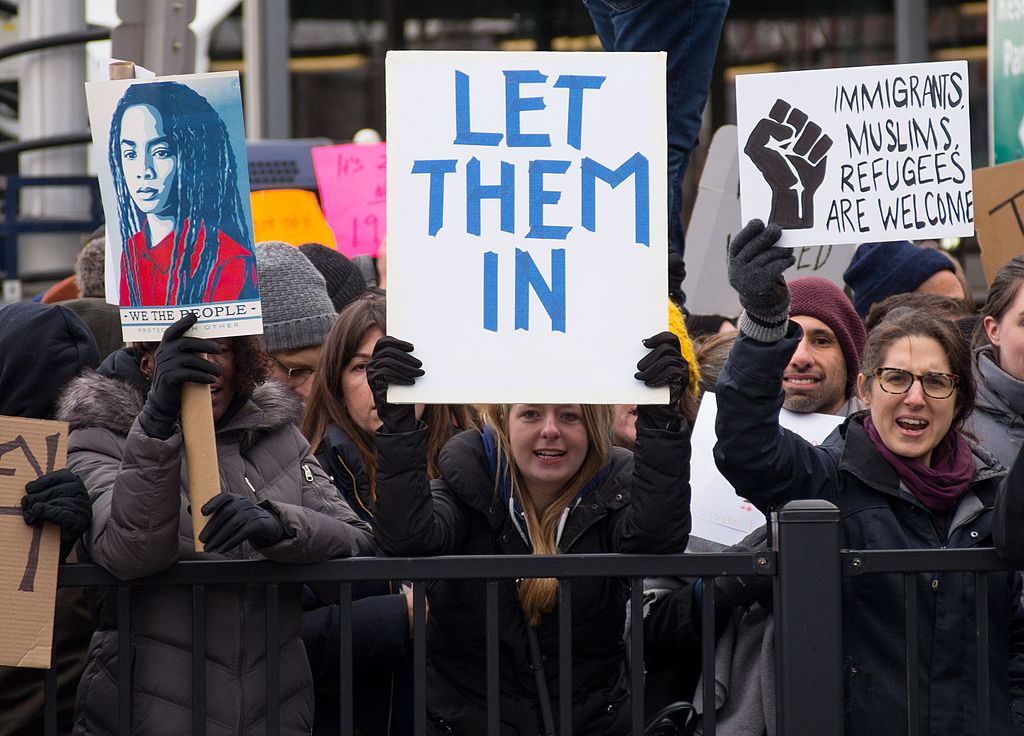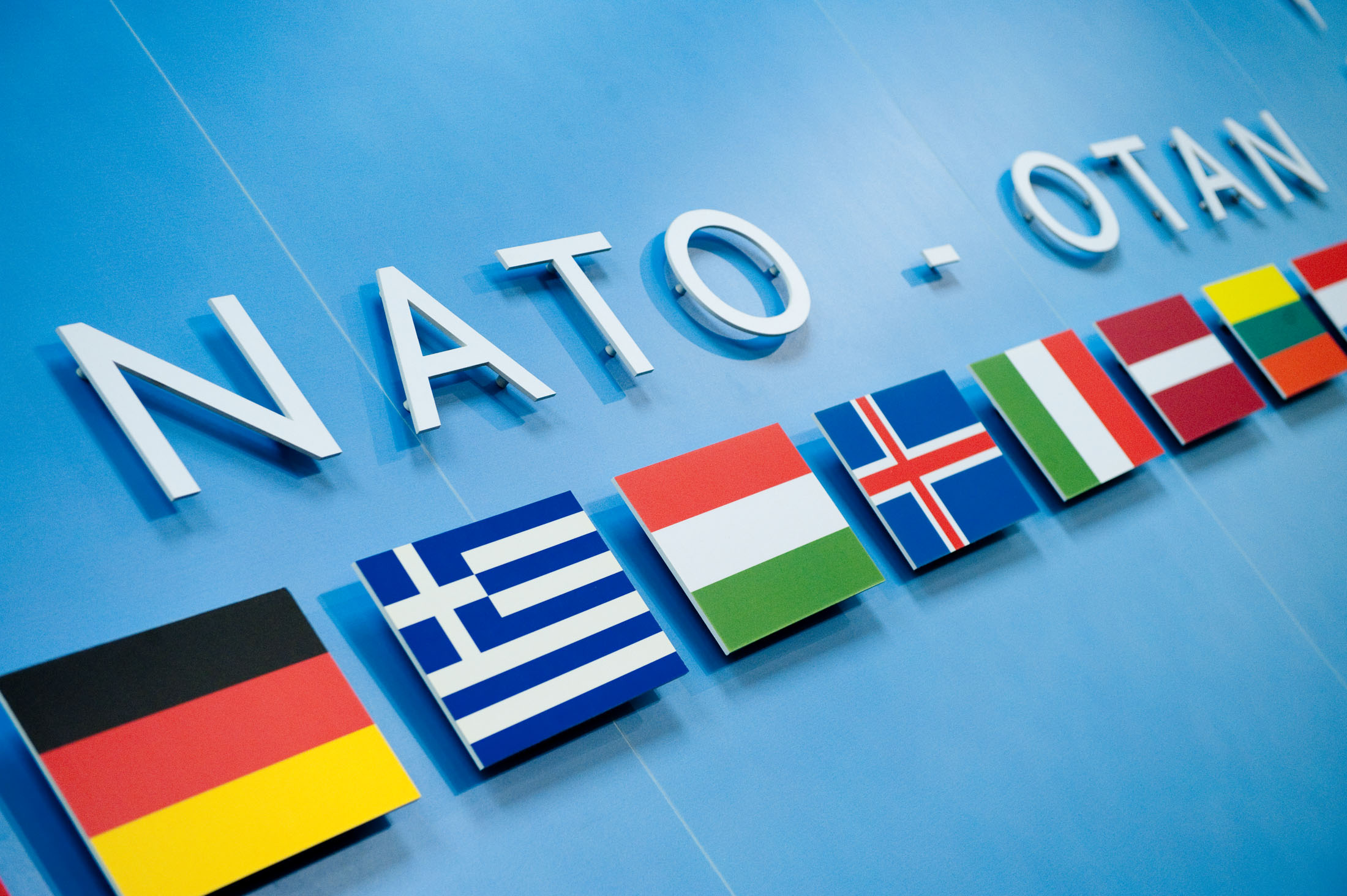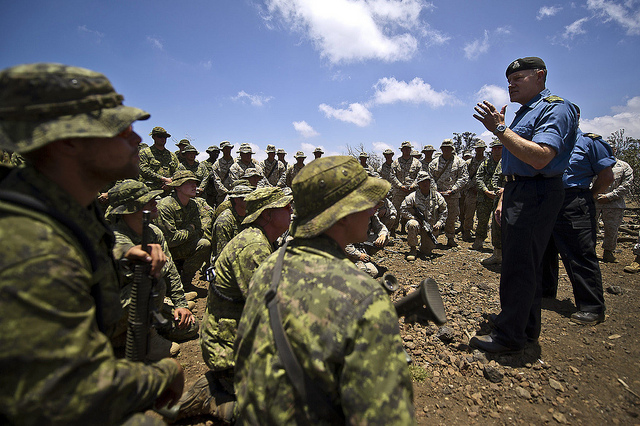On January 19 2018, the Supreme Court of the United States announced it would decide on the legality of President Donald Trump’s third version of the travel ban. Trump had first introduced the travel ban, a week after his inauguration in 2017, which originally envisioned restricting travellers from seven Muslim-majority states Iran, Iraq, Libya, Somalia, Sudan, Syria, and Yemen. Issued as an executive order the decision was received with sentiments of confusion and awe, as foreign governments speculated how the ban might affect their citizens. U.S. allies like Canada raised the issue of dual-citizens, and those that were permanent residents in Canada. Since its inception, the Trump policy has been repeatedly blocked and struck down in the lower courts.
The third version of the travel ban, the Trump administration had altered the restriction list, which now includes: six Muslim-majority states – Chad, Iran, Libya, Somalia, Syria, and Yemen, and two non-Muslim countries, North Korea and Venezuela. For now, the Supreme Court has not directly ruled on whether any of the three versions of the travel ban are legal. However, on December 4, 2017, the Supreme Court signaled it was likely to uphold the policy, and on a 7-2 vote let the ban go into full affect as legal challenges advance through the legal process (Trump v. International Refugee Assistance Project). The justices plan to hear the arguments sometime in April and issue a final ruling by the end of June. The verdict would give a final ruling on whether the ban violates federal immigration laws and the U.S. Constitution’s prohibition on religious discrimination.
Solicitor General Noel J. Francisco, arguing for Trump’s administration, states that “the third order had been the result of an extensive, worldview review by multiple government agencies” – to ensure it does not violate the U.S. constitution and immigration statutes. Despite the oversight from both national as well as international agencies, challengers of the ban contend that Trump exceeded his legal authority particularly with respect to immigration. Neal Katyal, a lawyer on behalf of the challengers emphasized that, “the policy violates the [U.S.] Constitution because it is biased against Muslims and also violates immigration law; the [third travel ban] continues the same unlawful policy that was struck down by lower courts.” As a result, Trump’s immigration policy still breaches the U.S. constitution’s prohibition on religious discrimination and federal immigration law.
The major issue in question is how the Trump administration continues to restrict the influx of immigrants despite the suspension of the travel ban. According to Human Rights Watch report titled, The Deported: Immigrants Uprooted from the Country They Call Home, from the start of the Trump administration through the end of September 2017, the number of [long-term] immigrants seized in the country rather than [foreigners] at the border increased by 42 percent compared to the same time period in 2016. The Trump administration had managed to detain and deport more long-term immigrants than the year prior, despite the suspension of the ban that took place nearly a week after it was originally introduced.
As Trump’s immigration policy quietly came into effect last month, one can only speculate whether there will be an increase in the number of foreigners and immigrants denied entry and/or prosecuted. In anticipating the Supreme Court’s ruling, it is important to direct attention to exactly how the travel ban is executed. In the broader scheme of things, how does the implementation of the travel ban affect international relations with specific focus on U.S. relations with foreign states exclusively targeted by the Trump administration. Moreover, it is also crucial to note how the ban would affect long-term immigrants particularly noncitizens who are susceptible to detention or even worse deportation. In this regard, it would be appropriate to conclude with the ever-present concern with American foreign policy (or any foreign policy for that matter) which is balancing of fundamental rights and civil liberties (on the one hand) and the Nation’s interest, preserving the safety and wellbeing of the country and its citizens (on the other hand).
Protest at JFK via Wikipedia link https://commons.wikimedia.org/wiki/File:2017-01-28_-_protest_at_JFK_(80987).jpg
Disclaimer: Any views or opinions expressed in articles are solely those of the authors
and do not necessarily represent the views of the NATO Association of Canada.




